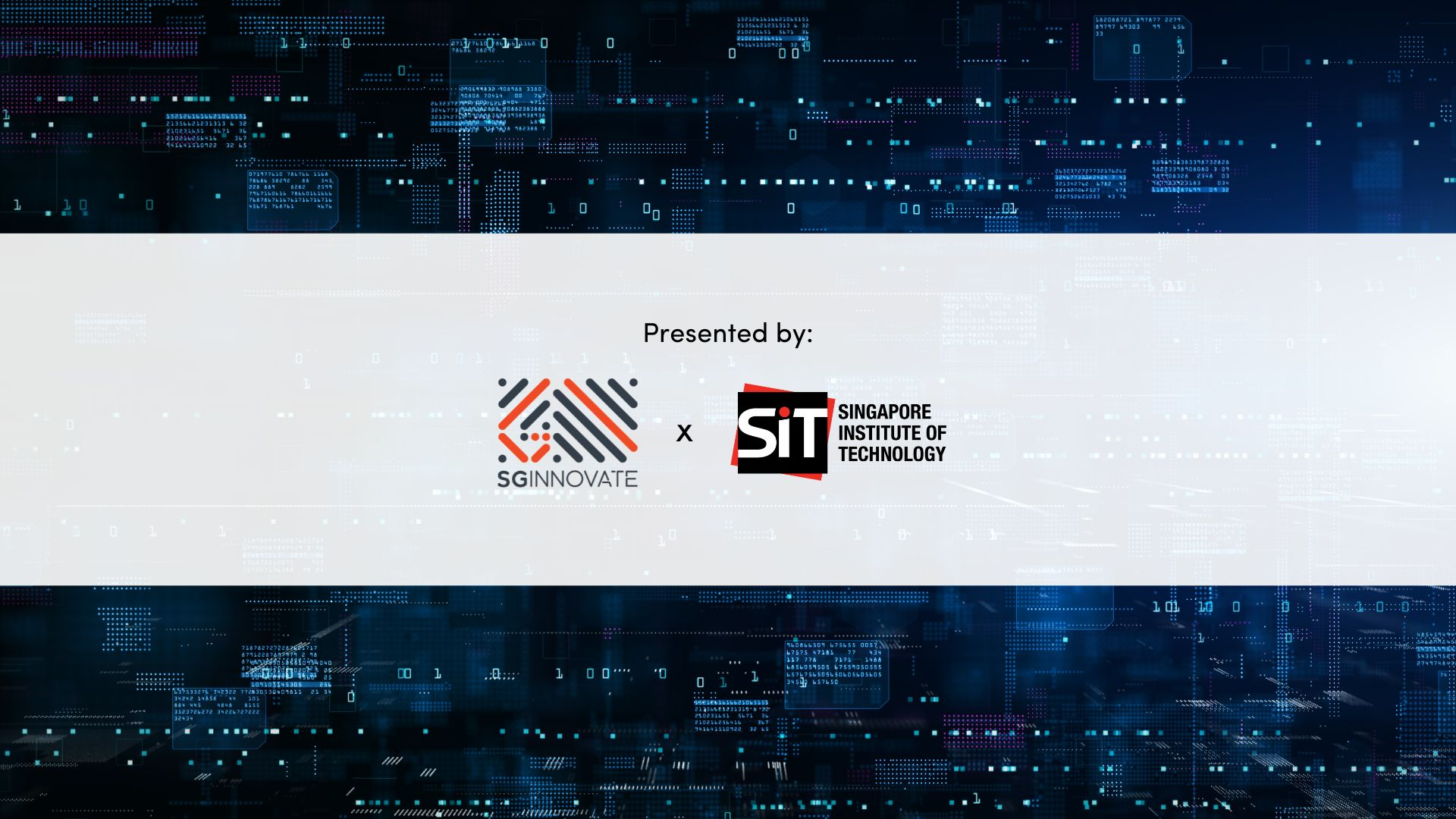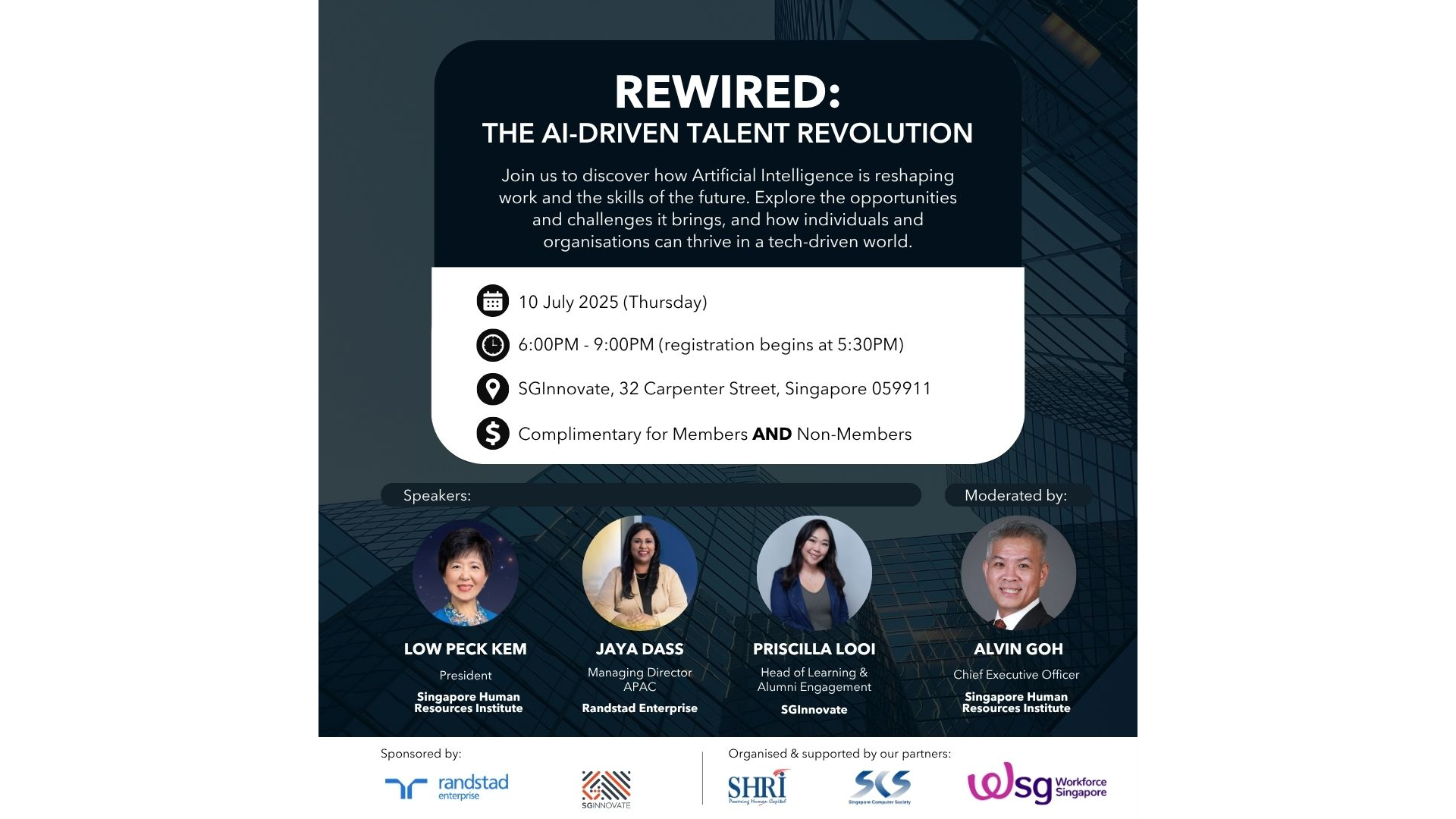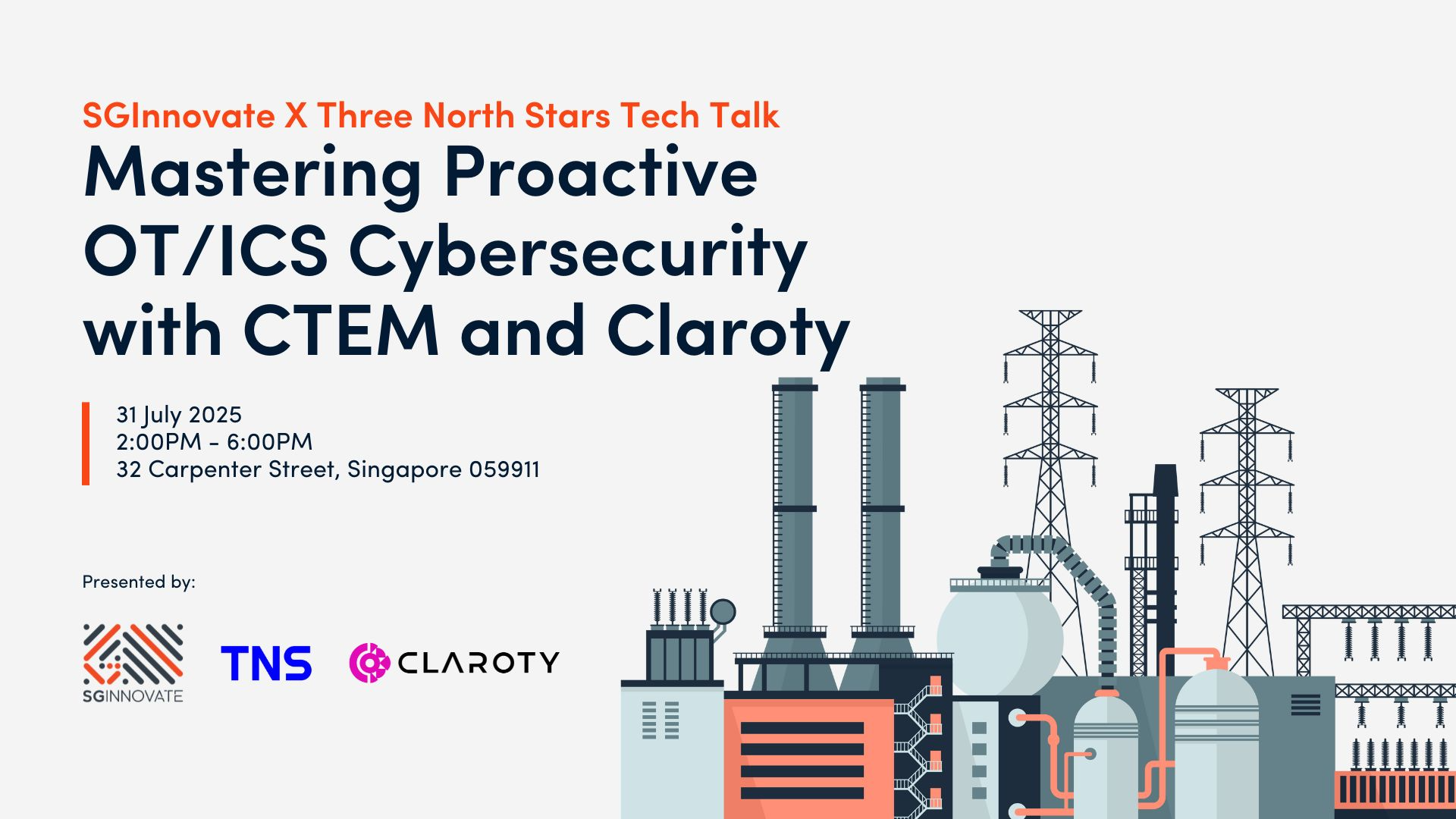Overview
Designed for learners with no prior computing knowledge, this foundation-level micro-credential imparts fundamental skills in computing and data analysis. Key topics encompass ethics and professional conduct in computing, computer systems, Python programming, and applied statistics.
As a learner, you will explore ethical considerations in the computing world, addressing contemporary issues such as the digital divide, data privacy, software protection, and information security. This will help you develop a strong sense of professional responsibility in your future career in computing.
You will gain insights into computer architecture and operating systems, solidifying your understanding of modern computer systems. You will learn how to configure and control them through Bash shell, GNU tools, and automation techniques.
The programming component of this course focuses on Python, a versatile and widely used language today. You will learn the basics of programming, including data types, control structures, functions, lists, dictionaries, files, and object-oriented concepts. You will learn how to design and implement programs using Python and its libraries (such as NumPy and pandas) to solve problems in scientific computing and data analysis.
You will also delve into the world of applied statistics, a foundational skill in data analytics, statistical computing, and artificial intelligence. You will learn to apply probability models to real-world problems, present data using graphical and numerical measures, draw conclusions from data, and develop Python scripts to programmatically perform statistical analyses.
Integrating online and in-person delivery, the micro-credential offers various learning activities such as interactive videos, laboratory exercises, live Q&A sessions, and online discussion forums.
This micro-credential is part of the CSM Pathway in Applied Computing.
Course Description & Learning Outcomes
This micro-credential is predominantly delivered through a competency-based education (CBE) approach where learners acquire and demonstrate mastery of knowledge and skills that are directly relevant to job functions. This prepares them to be industry-ready where they can apply their newly acquired competencies to their work.
List of Competency Units
ICT1505C Ethics and Professional Conduct
ICT1506C Computer Systems
ICT1507C Programming Fundamentals in Python
ICT1508C Applied Statistics
The above are competency units that constitute this micro-credential. Upon completion of the micro-credential, you will be able to:
Apply ethical frameworks and codes of professional conduct to construct and analyse arguments concerning workplace ethical dilemmas and various computing issues
Configure basic operating systems and control modern computer systems to handle various computing tasks
Design, implement, and test well-structured Python programs and algorithms to solve various programming problems
Analyse data and draw conclusions by applying probability and statistical principles, as well as develop programmatic statistical analyses
Recommended Prerequisites
Individuals seeking to reskill in order to pivot into entry-level IT roles.
Assumed Prior Knowledge
Basic user-level familiarity with computers
Basic digital literacy
Basic pre-university mathematics
Schedule
End Date: 11 Apr 2025, Friday
Location: SIT Punggol Campus, 1 Punggol Coast Road, Singapore 828608 and Online
Pricing
Course fees: The full fee for this course is S$9,868.86 (inclusive of GST).
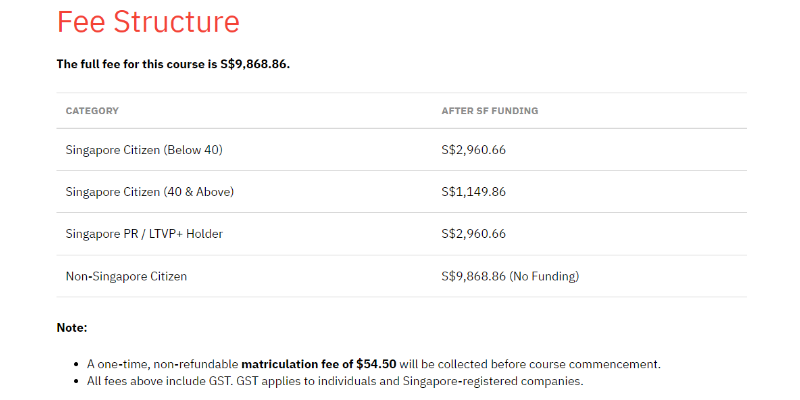
Skills Covered
PROFICIENCY LEVEL GUIDE
Beginner: Introduce the subject matter without the need to have any prerequisites.
Proficient: Requires learners to have prior knowledge of the subject.
Expert: Involves advanced and more complex understanding of the subject.
- Data Analytics (Proficiency level: Beginner)
- Bash (Proficiency level: Beginner)
- Python (Proficiency level: Beginner)
- Data Modeling (Proficiency level: Beginner)
- Data Visualisation (Proficiency level: Beginner)
Speakers
Trainer's Profile:
Nicholas Wong, Assistant Professor, Infocomm Technology, Singapore Institute of Technology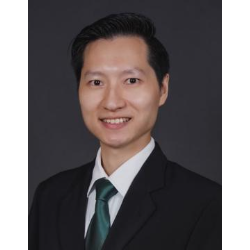
Dr. Nicholas Wong is an Assistant Professor with the Infocomm Technology Cluster at Singapore Institute of Technology. His research interests focus on telecommunications, photonics, data science, and analytics. He is the Micro-credential Lead for Ethical Computing and Data Analysis Foundations. He is also the Competency Unit Lead for ICT1508C Applied Statistics, as well as ICT1503C Programming Fundamentals in C.
Trainer's Profile:
Karin Avnit, Associate Professor /Deputy Dir , STLA, SIT Teaching and Learning Academy, Singapore Institute of Technology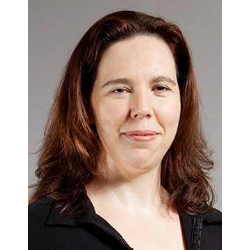
Dr. Karin Avnit is an Associate Professor with the Infocomm Technology Cluster at Singapore Institute of Technology. Her research interests focus on the use of formal methods for automation of design processes and education technology. She is the Competency Unit Lead for ICT1504C Logic and Discrete Structures, as well as ICT1505C Ethics and Professional Conduct.
Trainer's Profile:
Forest Tan, Associate Professor/Assistant Provost (Continuous Learning), Infocomm Technology, Singapore Institute of Technology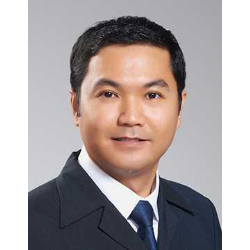
Dr. Forest Tan is an Associate Professor with the Infocomm Technology Cluster at Singapore Institute of Technology. His research interests focus on the Internet of Things (IoT), embedded systems, and smart systems. He is the lead for the Digital Logic and Computing Foundations micro-credential and one of its accompanying Competency Units, ICT1501C Digital Fundamentals. He is also the Competency Unit Lead for ICT1506C Computer Systems.
Trainer's Profile:
Malcolm Low Yoke Hean, Associate Professor, Infocomm Technology, Singapore Institute of Technology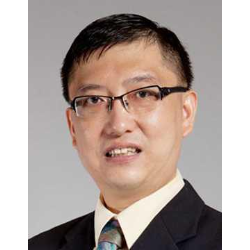
Dr. Malcolm Yoke Hean Low is an Associate Professor at Singapore Institute of Technology (SIT) with a background in computer engineering. He has extensive experience in simulation and optimisation, notably in the defence and maritime sectors. Dr. Low holds a D.Phil. in Computer Science from Oxford University and has led various research projects funded by Singaporean ministries and industry. He specialises in modeling, simulation, planning, scheduling, and parallel computing, focusing on complex system optimisation using cutting-edge technologies.



